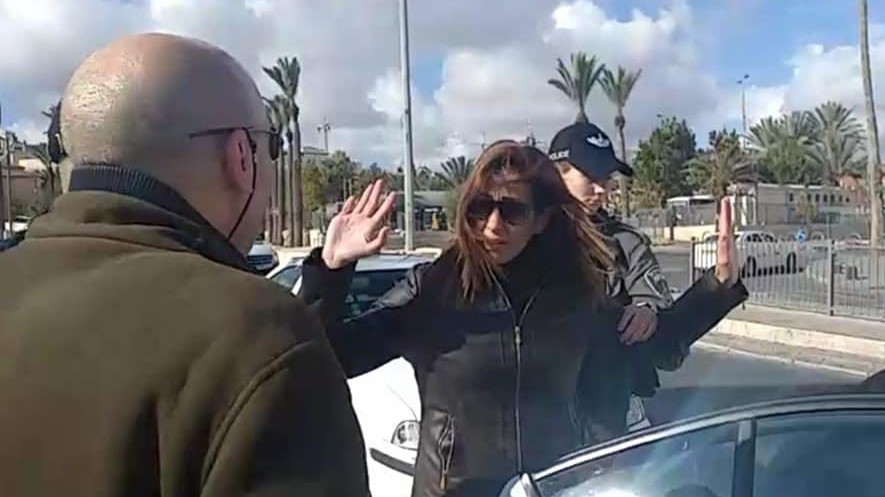The International Press Institute (IPI) and the Palestinian Journalists Syndicate (PJS) called on Israel to allow Palestine TV to reopen in occupied East Jerusalem. “Israel should remove all restrictions on Palestine TV and allow its office to reopen in East Jerusalem,” said IPI in a press release.
On May 11, the Israeli government renewed the closure of the office of Palestine TV, a channel run by the state-owned Palestine Public Broadcasting Authority and prohibited its crew from operating in East Jerusalem for another six months. The closure was first ordered in November 2019 citing the violation of a 1994 agreement between Israel and the Palestinian Authority. The order to extend the closure came soon after Palestine TV correspondent Kristine Rinawi was summoned for interrogation by the Israeli authorities.
“The harassment of a Palestinian journalist, who is also a citizen of Israel, because she works for Palestine TV is unacceptable,” IPI Executive Board Vice Chair Daoud Kuttab said. “All journalists should have freedom of movement and must not be restricted from covering areas of conflict. The 350,000 Palestinians of East Jerusalem have a right to have a credible television station and reporters on the ground to report about their situation,” he added.
The Union of Journalists in Israel has written to the deputy chief of police in East Jerusalem protesting the summoning of Rinawi and the closure of Palestine TV’s office. The Union said that inasmuch as Israeli journalists are allowed to operate without any restrictions in Palestinian areas, the same should apply to Palestinian journalists and media outlets reporting from inside Israel.
Established in 1993 soon after the Oslo Accords, the Palestine Public Broadcasting Authority is a state-owned body of the Palestinian Authority, which began operating radio and TV in the Gaza Strip and Ramallah under the name of Palestine Broadcasting Corporation. In 2010, it became a public institution following a presidential decree. PBC operates two TV channels, Palestine TV and Palestine Live, broadcasting in Palestine and also available in Middle East countries, as well as in North America and in Europe via Arabsat.
During 2019, a PJS report records 760 violations against journalists, including 260 photojournalists and 46 female journalists. The majority of violations were due to electronic blocking of Palestinian journalists’ social media accounts and preventing media covering events (343 cases). The total number of violations had decreased, compared to 2018, when 909 cases were reported.
Media professionals still have to face many dangers in Palestine, as 210 violations involved physical bodily harm. There were accounts of gas inhalation, dozens of injuries caused by rubber-coated steel bullets, and at least ten serious injuries resulting from the shooting of live ammunition by Israeli forces. There were also injuries caused by percussion bombs going off during protests and journalists being hit by teargas canisters aimed directly at their bodies.
One of the most notorious cases was that of photojournalist Moath Amarneh, who lost an eye after being hit by a rubber bullet fired by an Israeli soldier on November 15. The PJS report also documents cases of detained journalists and arrests made by Israeli security forces.
Despite the fact that majority of the violations having taken place in occupied territories under Israeli control, the PJS monitoring team also recorded violations carried out by Palestinian authorities in Gaza and the West Bank. Gaza witnessed a significant number of violations (160), most occurring during the “We Want to Live” protest movement. These included arrests, invasions of journalists’ homes and at least 20 counts of physical assault and even torture. In the West Bank there were 94 violations registered, mostly involving the blocking of websites.
Related: Israeli Police Detain Palestine TV Crew, Seize Equipment in E. Jr’slm



